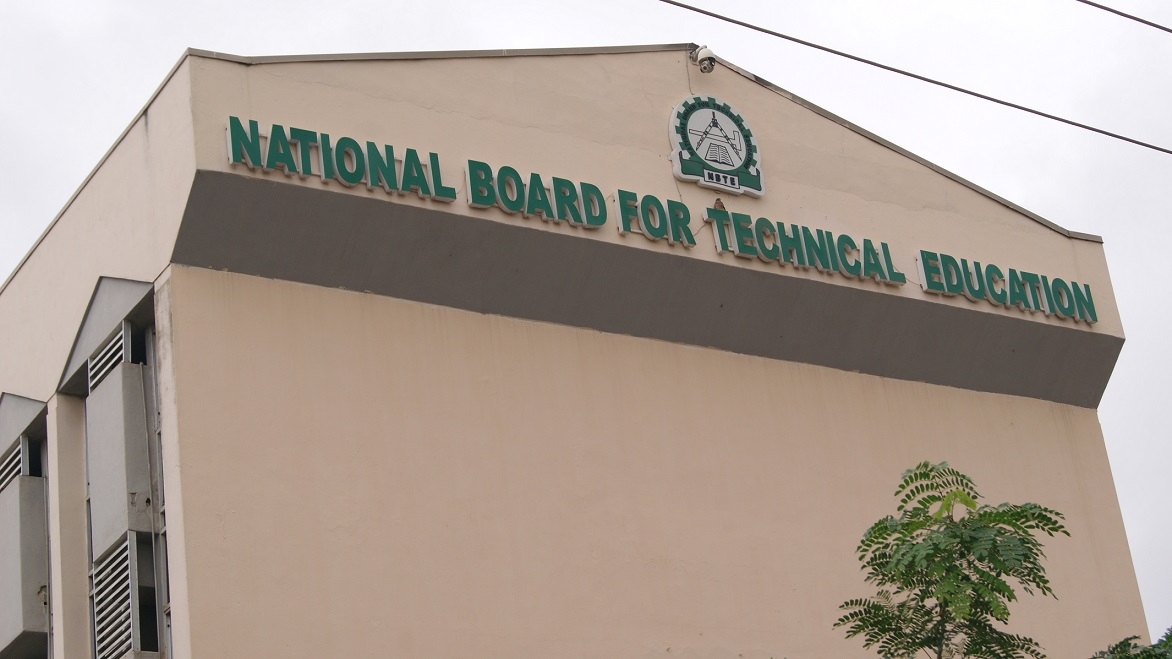The National Board for Technical Education (NBTE), has responded to statements by the Academic Staff Union of Polytechnics (ASUP), clarifying issues on digital accreditation, describing it as misleading.
NBTE, dismissing ASUP’s claims which was contained in a publication in one of the national dailies, said the board had introduced digital accreditation in 2024 to address challenges such as falsification of data and insecurity.
In a statement issued to newsmen on Monday in Kaduna, Mrs Fatima Abubakar, the Head, Media Unit of NBTE, said the use of technology and Artificial Intelligence had brought an end to the challenges highlighted by ASUP in their publication.
Abubakar added that digital accreditation had also bridged the challenge of insecurity and limited accessibility in some states when conducting accreditation physically.
She stated that the ‘brown envelopes’ saga of the past had also been brought to an end.
According to her, over 90 per cent of accreditations are now done digitally, with physical accreditation allowed in a few cases, such as institutions with poor internet access or weak ICT infrastructure.
“A Federal Polytechnic in Taraba is an example of an institution with poor internet services, established in 2007 but not yet on the national grid,”she said.
The media unit head explained that vendors were selected through a transparent process to handle physical accreditations in such cases.
She said that the vendors were approved by the NBTE Tenders Board after advertisements and other screening processes, carried out transparently and witnessed by several stakeholders.
“The physical accreditation by vendors has taken off, with the Minister of Education approving monitoring and evaluation exercises with ASUP nominees.
“NBTE expects ASUP to participate in these exercises before making conclusions, rather than jumping to conclusions without full knowledge of the situation,”she said.
Abubakar, therefore, described ASUP’s allegations as misleading and called on the union to partner with the board to reposition Technical and Vocational Education and Training (TVET) in Nigeria.
She emphasised that the Federal Government valued TVET, making it a crucial pillar, adding that NBTE was working to change the narrative of the Nigerian youths and grow the economy.
“The board had made progress in repositioning TVET since the assumption of office of the current Executive Secretary in 2021,”she said.
Abubakar believed that all the stakeholders must work together to bring succour and dignity to the TVET sector.
She said that with the current government’s commitment to TVET, NBTE was optimistic about the future of the sector and the impact it can have on the nation’s development.
Abubakar restated NBTE’s commitment to promoting skills for national development, urging ASUP to see the board as a partner in progress.



